This is a usual Wednesday evening for Rick Fox.
I’m standing on the massive balcony of a beautiful Hollywood mansion, stretching out over all the light, sound, and proletariat hardships of the valley below like a gleaming, marble-white plateau. It is, without a doubt, the nicest house I’ve ever been inside. The sauna in the downstairs bathroom is roughly the size of my studio, the multiple bars are serving up a constant stream of coconut water/vodkas, outside there is a long patio table on fire for no real reason beyond aesthetics. I’m maybe five degrees under-dressed and surrounded by a throng of polished men and women who are either bored by the glamour or are excellent at looking like they’ve been here before. Fox, of course, is running late. He’s at another event, just like this, somewhere downtown.
We’re here to talk about Echo Fox, the esports organization he bought and rebranded last December. Echo Fox fields teams in League of Legends, Counter-Strike: Global Offensive, Street Fighter, Call of Duty, and Smash Bros… and it seems likely that that profile will continue to grow with the years. Rick Fox was a serviceable basketball player, best known for his time as a small forward on the three Lakers championship teams from the turn of the millennium, and in the years since he’s taken advantage of all the freedoms offered by Los Angeles—dabbling in acting, investing, and reality television. Fox has a history with video games, and has spoken at length about his time playing World of Warcraft with his son, so esports was a far more genial fit for him, than, say, Colin Cowherd.
That’s the beauty of Echo Fox. Upstairs, amidst all the bluster and pearls, you can pick out a few stray boys keeping to themselves. That’s the League team. Esports is a very volatile scene, but when your owner is someone high enough on the national social hierarchy to take Khloe Kardashian on dates, you’re gonna end up in some pretty exclusive places. The kids, for the record, say that they have a very strong, personal relationship with Fox. They joke with him, party with him, and even play with him sometimes. There are so many people looking at the growing esports industry with giant dollar signs in their eyes, and Fox certainly isn’t an exception, but he’s also having a lot of fun. I had 10 minutes to pick his brain, and here are the highlights.
You bought and branded Echo Fox back in December, what made you feel like this was the time to invest?
I started exploring three years ago, I didn’t know the first team would be League of Legends but that makes the most sense, and it’s also the most difficult to get into. My son was an avid League player, so I played with him and fell in love with it from there. That lead to me experiencing the Madison Square Garden North American Finals, which hit me on a cellular level. It reignited the competitive atmosphere for me, which is what I’ve known for 20 years. From there people started telling me “you should own a team,” which is when I started considering it.
I was talking to David “Cop” Roberson, Echo Fox’s coach, he said that you’ve been able to impart some advice about teamwork and other general competitive wisdom. Tell me about that.
Yeah, obviously I come from professional sports, and I’ve been able to work with some of the greatest coaches in the game. I’ve tried to pass on some of the lessons that made me successful in that world back then, because I think it still applies in this world.
There are a lot of people investing in esports right now, but you’re someone who brings a genuine enthusiasm to this industry. I get the sense that you’re not treating it like a commodity. Do you think that’s important?
Yeah I think at the root of any successful startup or business there has to be an authentic love and passion. You go out and create a business model and pursue it, and for the majority of the people that results in financial success. That’s the same for us, we’re not trying to run our business in the ground, but we’re also not owned by a conglomerate that’s treating Echo Fox like a small part of their board. To be successful in this business you need talented players, and that means you need to connect. You can pay guys money but that still doesn’t mean they’re going to pour in their heart and soul, so it’s definitely important.
Esports can be a very chaotic place for a lot of people, especially in terms of long-term employment. Does it feel nice to give some young people a bit of stability in a crazy, crazy scene?
As a former player it’s nice for me to hear that they feel that way, but it’s important to me that they grow with us. We want these guys to be our next coaches, our scouts, our co-owners in different teams we bring in. That requires us to nurture them and support them, but they have to love us as much as we love them. That’s the atmosphere we want to create. I think Henrik “Froggen” Hansen is a great example of that. He could’ve gone to China, he could’ve gone to Europe, he could’ve gone to another NA team, but he trusted we could give him an opportunity to grow with an organization.


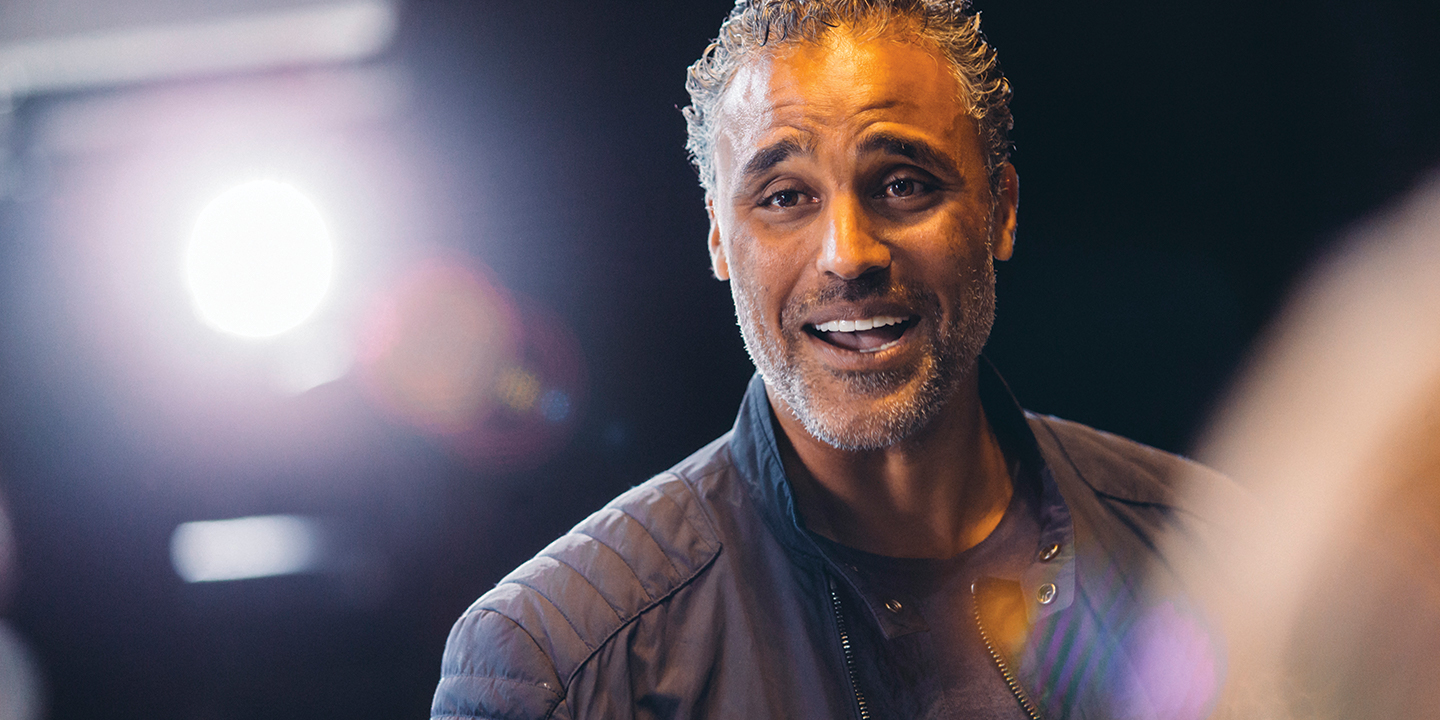

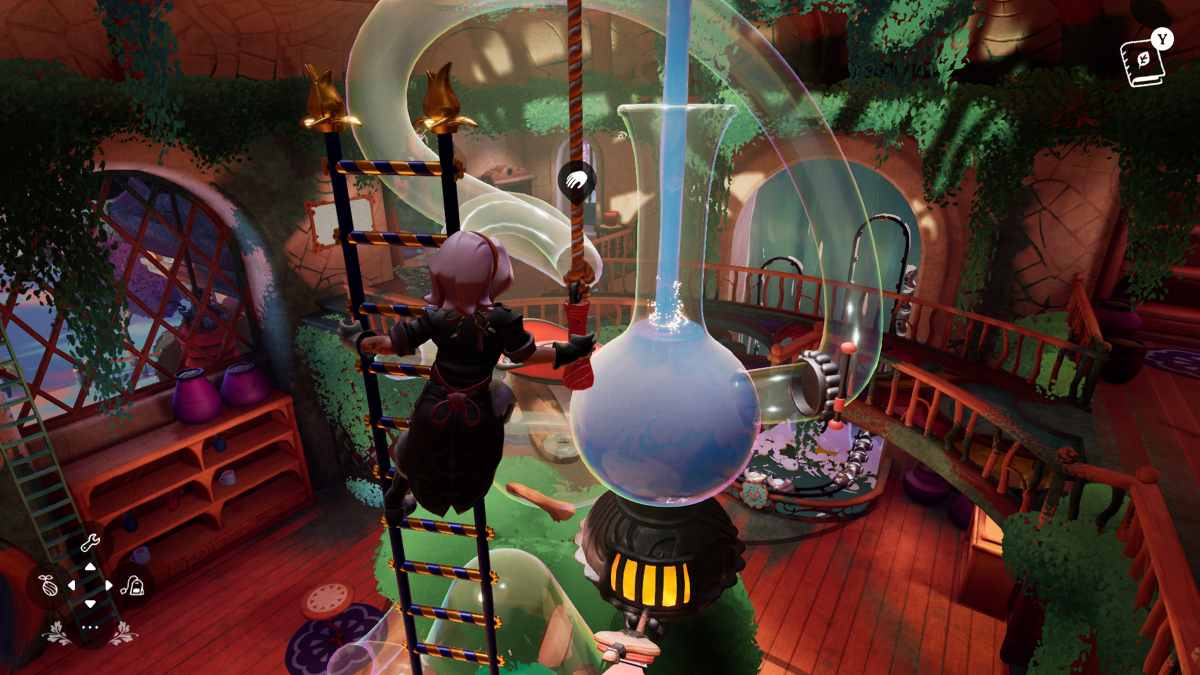
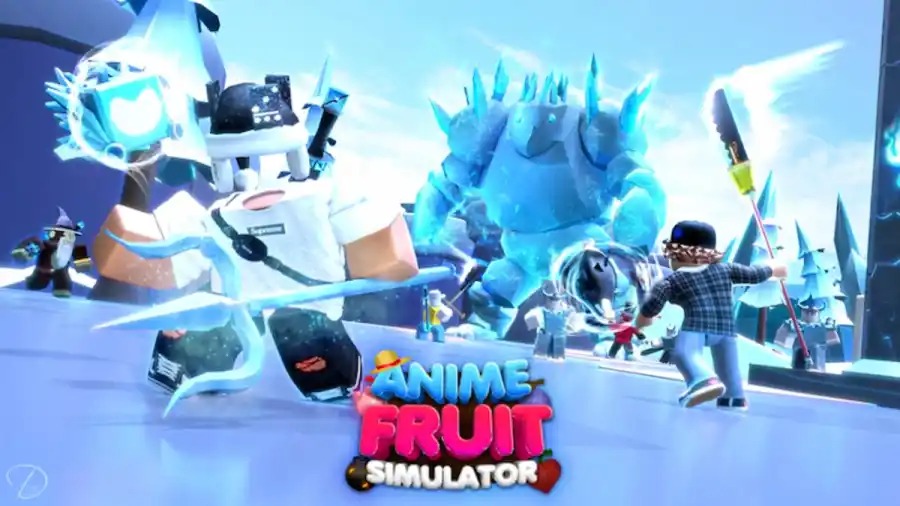
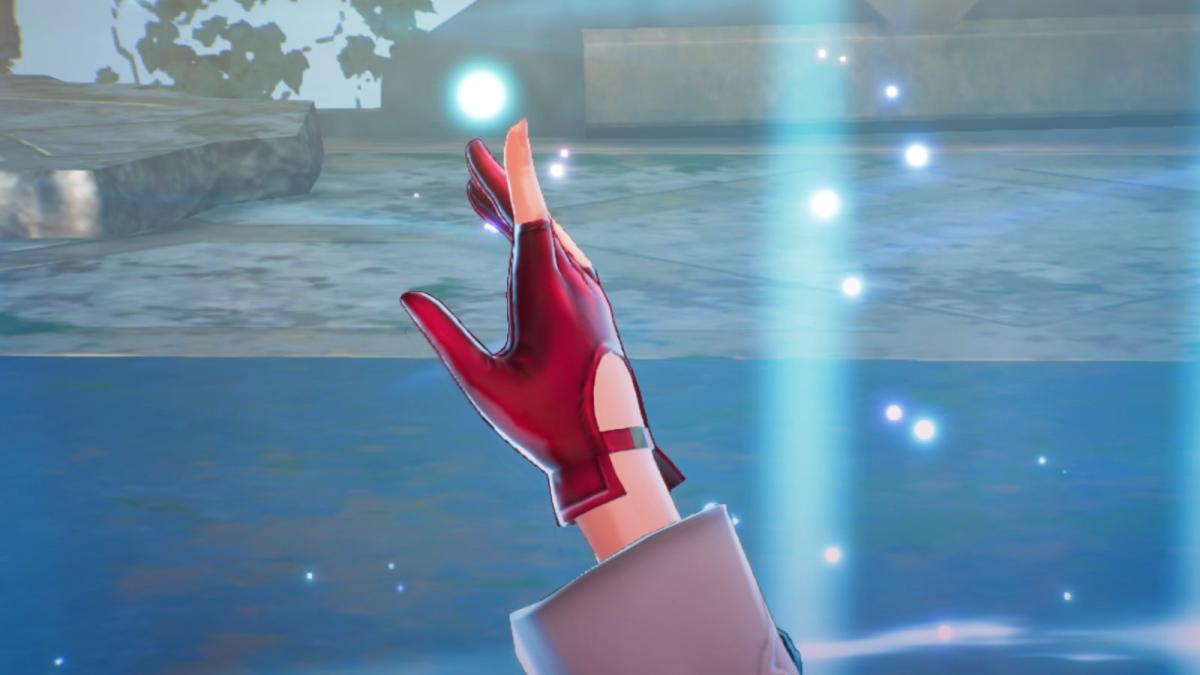
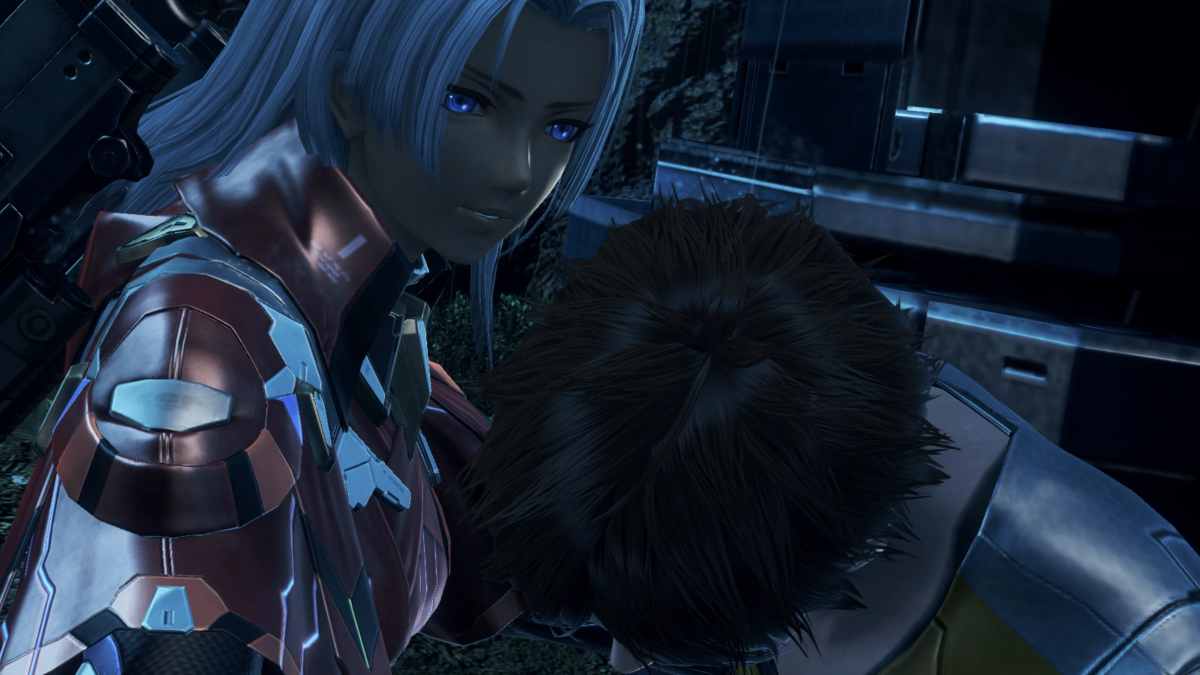

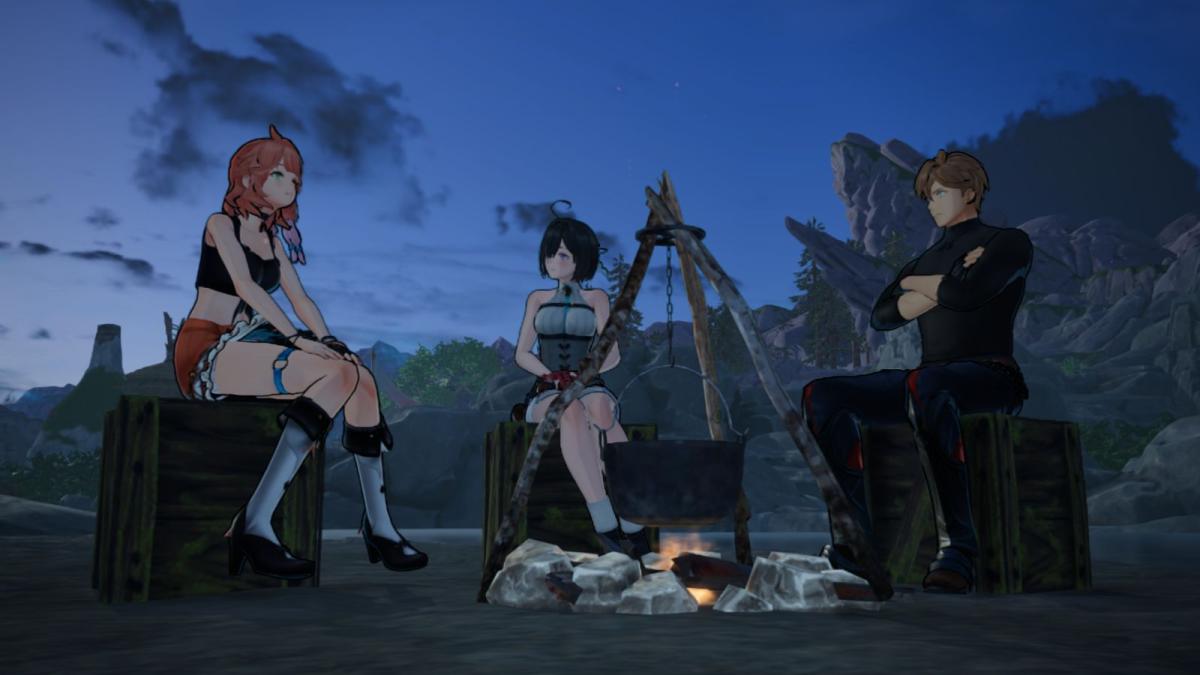
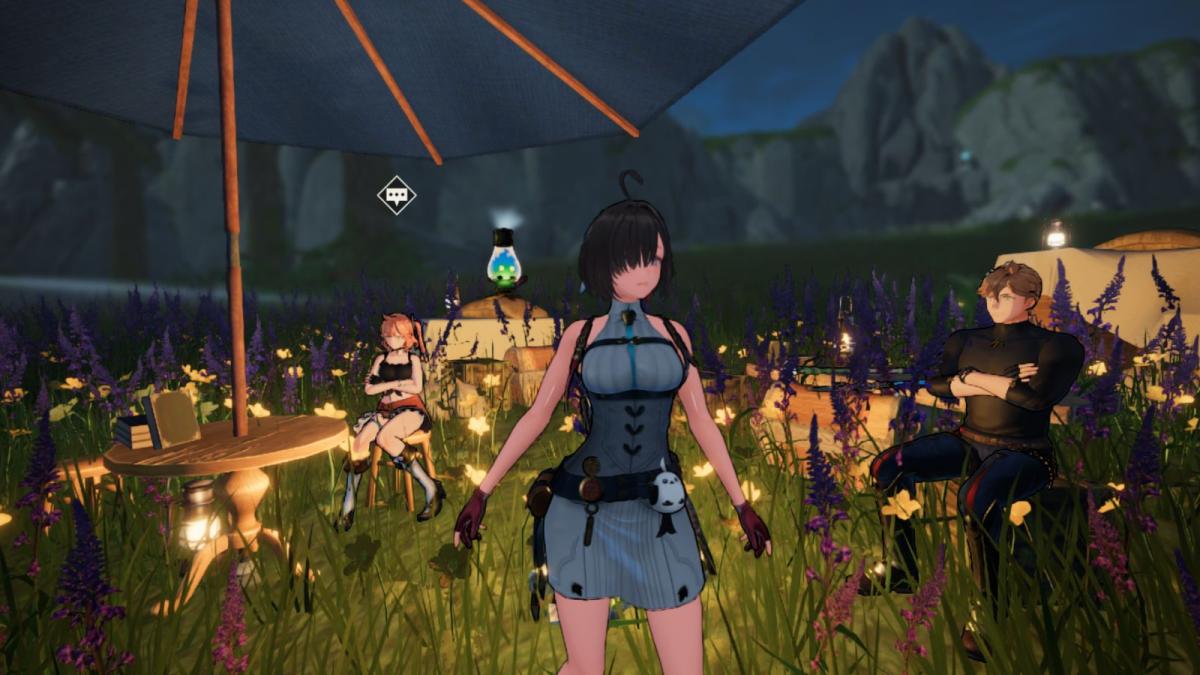


Published: Jun 4, 2016 11:34 am